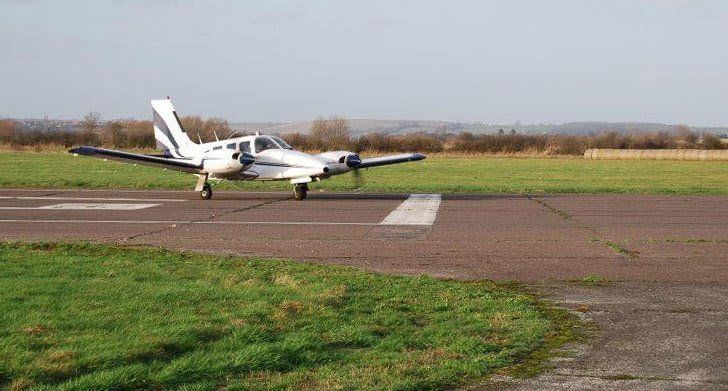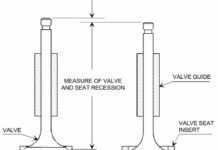
Leaving the European Union proves a rather difficult task, according to the European Business Aviation Association (EBAA). The association shared a detailed analysis of possible scenarios for business aviation operations in the aftermath of the departure, also known as Brexit. The official “divorce” becomes final onMarch 30, 2019.
Available options range from maintaining status quo for operators who qualified before Brexit, to a scenario requiring the UK to renegotiate dozens of new agreements with individual EU member states.
“Aviation is simply not on the agenda in those discussions at all,” according to Mark Bisset with Clyde & Co., the firm commissioned to perform the EBAA analysis. “And that’s worrying, because the clock is ticking and we’re trying to remain positive.”
A top concern is traffic rights between the UK and EU member states for operators, and with previous “blanket agreements” ending there is high risk that UK operators may be limited to flights between the UK and a single destination, barring multi-trip legs, point-to-point flights within the EU and all cabotage rights. Other concerns include how to handle customs duties and VAT requirements. Further so-called third-country access to Britain by outside entities, including from the U.S., would change once the UK converts to the status of a third country.
The British aviation industry is sensing risk, and not just from the threat of lower traffic rates. Business aviation alone directly supports 35,000 jobs in the UK, out of a total of 200,000 jobs across all the country’s aviation sectors. Many of those workers originate from other EU member states, and their work statuses could be threatened under Brexit.
Equality in treatment between EU member and non-member states remains the top priority for the EU. Allowing the United Kingdom special benefits due to having been a member state prior to Brexitmay cause trouble with other countries, according to legal experts. Meanwhile the British Business and General Aviation Association is seeking to minimize disruption to British aviation operators and is asking for dialog among the various member states and regulators. With various topics still up for debate a transition period, or extension to theMarch 30deadline, may become a necessity as the lack of direction is raising anxiety levels within the industry.
Review an executive summary of the EBAA Brexit analysis (PDF).


































